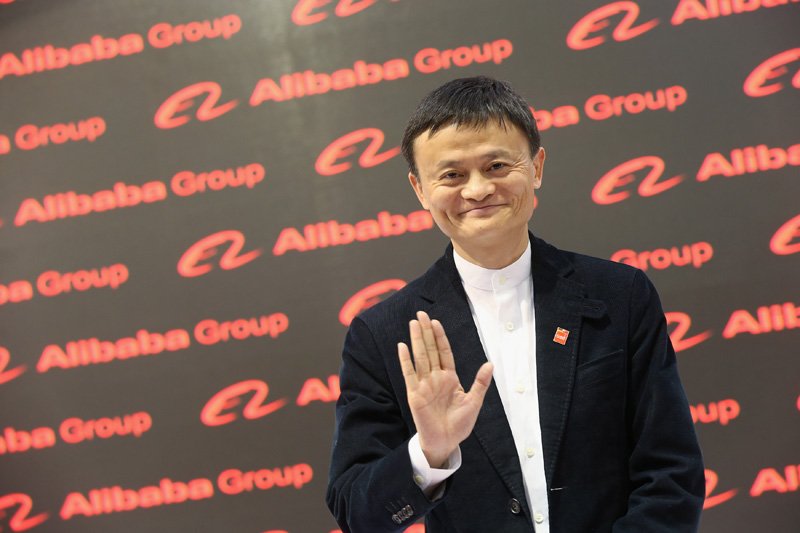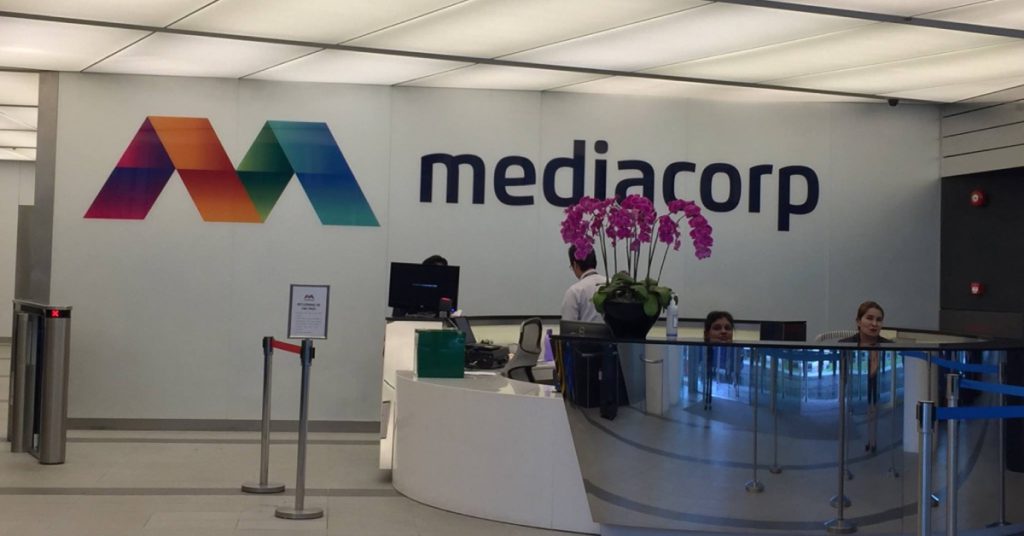Alibaba announced today that they are putting US$2 billion additional investment in Lazada.
While the group maintains its 83% share of Lazada, it replaces CEO Max Bittner with Lucy Peng, Executive Chair of Ant Financial Services.
This happens almost exactly two years after its acquisition of Lazada’s controlling stake, and follows recent movements, including announcement of a tech centre in Shenzhen.
In fact, prior to this US$2 billion investment announcement, certain positions within Lazada group have already been filled with Alibaba confidantes.
Alibaba’s Increasing Pressure To Make Lazada Work
Here are some of our thoughts on the internal human resource reshuffle at Lazada.
We think that the replacement of CEO Max Bittner with a senior management staff from Alibaba was bound to happen due to the stark cultural difference between Lazada and Alibaba.
As we have observed, two years after the acquisition, integration of Lazada into Alibaba group was still a challenge.
The cultures of the two companies are very different, and coordination between the two was probably a constant challenge.
It was probably very difficult for Alibaba to push some initiatives through.

Lucy Peng, the new CEO of Lazada is also a heavyweight.
Known to many as one of the original 18 co-founders of Alibaba, she literally built Alibaba’s Ant Financial Services into the behemoth that is valued at US$100 billion and feared by banks.
Lucy will probably make a lot of swift changes at Lazada, and these changes will be good for the company’s short term growth and long term ambitions.
One thing we are unsure of is how much of the Lazada senior management will be re-shuffled.
As much as Alibaba wants to align Lazada with itself, its growth programme for international cadres is fairly new and it might not have enough of its own people to fill in those ranks.
The Digital Race In Southeast Asia Is Reaching Breaking Point
Putting Lucy in charge of Lazada shows how much emphasis, determination, and probably urgency, there is to make Lazada work for Alibaba.
This urgency is probably understandable.
Shopee, which counted Taiwan as its biggest market in 2016, quickly grew in Indonesia in 2017 and has been topping the charts in Indonesia for weeks.

JD.com, Alibaba’s arch-rival in the e-commerce landscape, has also entered Indonesia.
Beyond just that, it has launched operations in Thailand, which is considered home ground for Lazada.
On Alibaba’s end, they need to prove that it can internationalise.
Its Indian ambitions, after multiple attempts, is now heavily dependent on PayTM Mall, a highly complex operation that might or might not succeed.
In contrast, Amazon has made swift changes to Souq.com, a company it acquired in the Middle East. Alibaba is racing to do the same in Southeast Asia.
Softbank – The Kingmaker In Tech
Behind all of these, Softbank, the biggest shareholder of Alibaba, plays a vital part in influencing who will be the dominant player in the e-commerce and fintech space in Southeast Asia.
Tokopedia, the Indonesian C2C e-commerce platform in which Alibaba invested US$1.1 billion last year, is probably safe.
After all, Softbank, the biggest shareholder of Alibaba, is also a major shareholder of Tokopedia.
Grab, which recently announced Grab Financial, also counts Softbank also counts Softbank as a shareholder.
It would be interesting to watch how this would impact Grab’s ambitions to be a significant FinTech player in Southeast Asia.
In our view, Grab’s announced offerings are pretty pale compared to what Ant Financial has done.
Bear in mind that Lucy Peng is very familiar with Ant Financial.
How much synergy will be built between Lazada and Ant’s investees across the region – Mynt in the Philippines, Ascend Money in Thailand, Dana in Indonesia, Touch N Go in Malaysia et cetera – is also something worth watching.
And Softbank will play a big part in that, albeit behind the scenes.
This article is adapted from The Low Down by Momentum Works and is republished here with permission.















